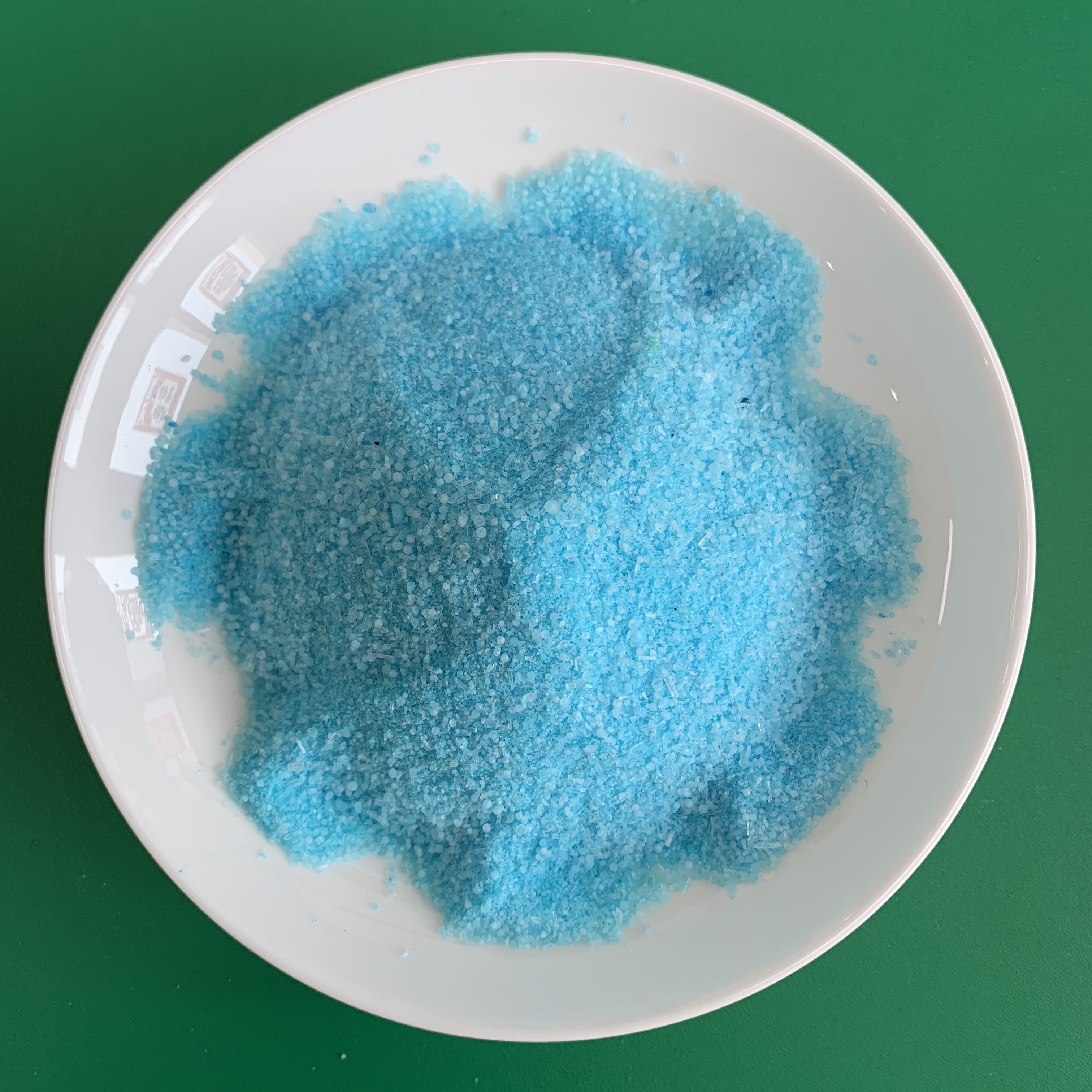



kno3 soluble
Solubility of Potassium Nitrate (KNO3) Understanding its Applications and Importance
Potassium nitrate, or KNO3, is a chemical compound that has garnered significant attention due to its wide-ranging applications and unique properties. This inorganic nitrate salt is composed of potassium (K), nitrogen (N), and oxygen (O). Its high solubility in water makes it a popular choice in various industries, from agriculture to pharmaceuticals. In this article, we will explore the solubility of KNO3, its applications, and its significance in different fields.
Solubility Characteristics of KNO3
One of the defining properties of potassium nitrate is its remarkable solubility in water. At room temperature, KNO3 can dissolve up to around 32 grams in 100 milliliters of water. This solubility increases with temperature; for instance, at 60°C, the solubility can rise to about 109 grams per 100 milliliters. This characteristic makes KNO3 an ideal candidate for uses that require a quick and efficient release of potassium and nitrate ions into solution.
The solubility of KNO3 is influenced by several factors, including temperature and the presence of other solutes. Generally, KNO3 exhibits what is known as a positive temperature coefficient of solubility, meaning that its solubility increases as the temperature rises. This property is advantageous for processes where concentrated solutions are needed, allowing for easier dissolution when heated.
Agricultural Applications
One of the most significant uses of KNO3 is in agriculture as a fertilizer. Potassium and nitrogen are essential nutrients for plant growth, playing critical roles in processes such as photosynthesis and protein synthesis. The high solubility of KNO3 allows for rapid absorption by plants, making it especially useful in foliar sprays and nutrient solutions. Farmers often utilize KNO3 to boost crop yields, improve fruit quality, and accelerate growth.
Moreover, KNO3 is used in the formulation of specialty fertilizers that provide targeted nutrient release. This is especially important for crops that require specific nutrient management. For example, KNO3 can be combined with other fertilizers to create products tailored for certain types of crops or soil conditions, leading to more efficient use of resources and improved agricultural productivity.
kno3 soluble

Industrial and Pharmaceutical Uses
Beyond agriculture, KNO3 has several industrial applications. It is commonly used in the manufacturing of explosives, where it acts as an oxidizer. Its solubility allows for the creation of stable solutions that can be easily processed into solid forms. Additionally, KNO3 is crucial in food preservation and as a curing agent, particularly in the meat industry. It helps inhibit the growth of harmful bacteria while contributing to the characteristic color and flavor of cured meats.
In the pharmaceutical sector, potassium nitrate is utilized in various formulations, including dental products to alleviate sensitivity and other medicinal applications. Its properties as a solubilizing agent and its biocompatibility make it valuable in developing certain medications and treatments.
Environmental Considerations
While KNO3 is beneficial in many applications, its solubility can also lead to environmental concerns. The runoff from agricultural fields can cause nutrient loading in nearby water bodies, leading to eutrophication—a process that depletes oxygen in water and adversely impacts aquatic life. Therefore, responsible use and management of KNO3 in agricultural practices are essential to minimize its environmental impact.
Conclusion
In summary, the solubility of potassium nitrate (KNO3) is a crucial aspect of its functionality across various domains, including agriculture, industry, and pharmaceuticals. Its high solubility allows for effective nutrient delivery in agricultural practices while serving valuable roles in industrial processes and product formulations. Understanding the solubility characteristics of KNO3 and managing its use responsibly can ensure that its benefits are maximized while mitigating potential environmental challenges. As our understanding of this compound evolves, it is clear that potassium nitrate will continue to play a vital role in promoting growth and innovation across numerous fields.
-
Why Sodium Persulfate Is Everywhere NowNewsJul.07,2025
-
Why Polyacrylamide Is in High DemandNewsJul.07,2025
-
Understanding Paint Chemicals and Their ApplicationsNewsJul.07,2025
-
Smart Use Of Mining ChemicalsNewsJul.07,2025
-
Practical Uses of Potassium MonopersulfateNewsJul.07,2025
-
Agrochemicals In Real FarmingNewsJul.07,2025
-
Sodium Chlorite Hot UsesNewsJul.01,2025










